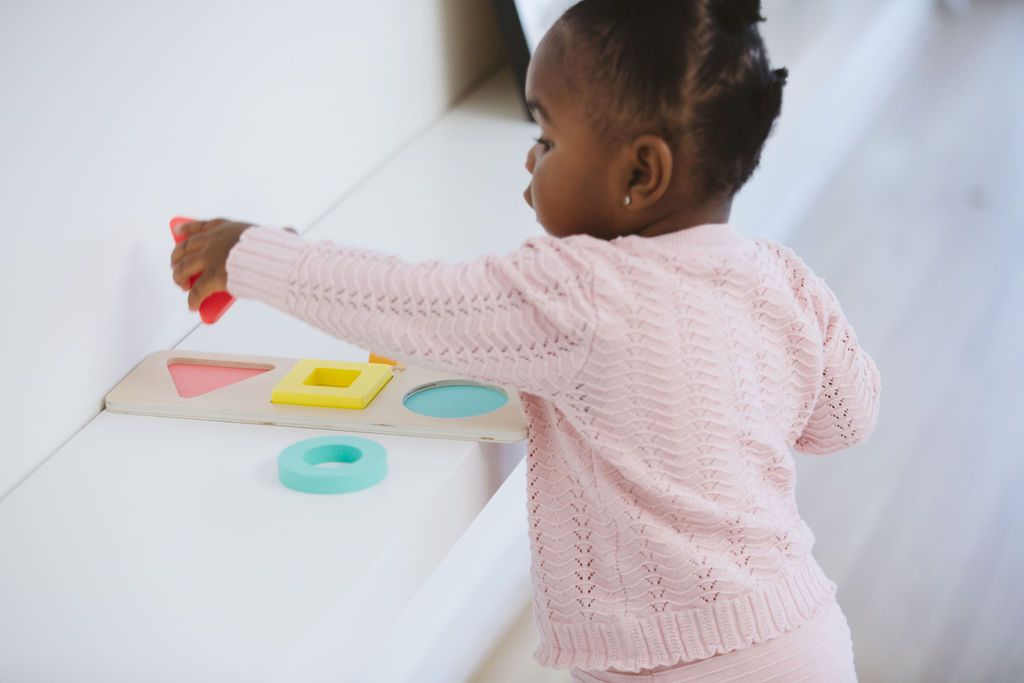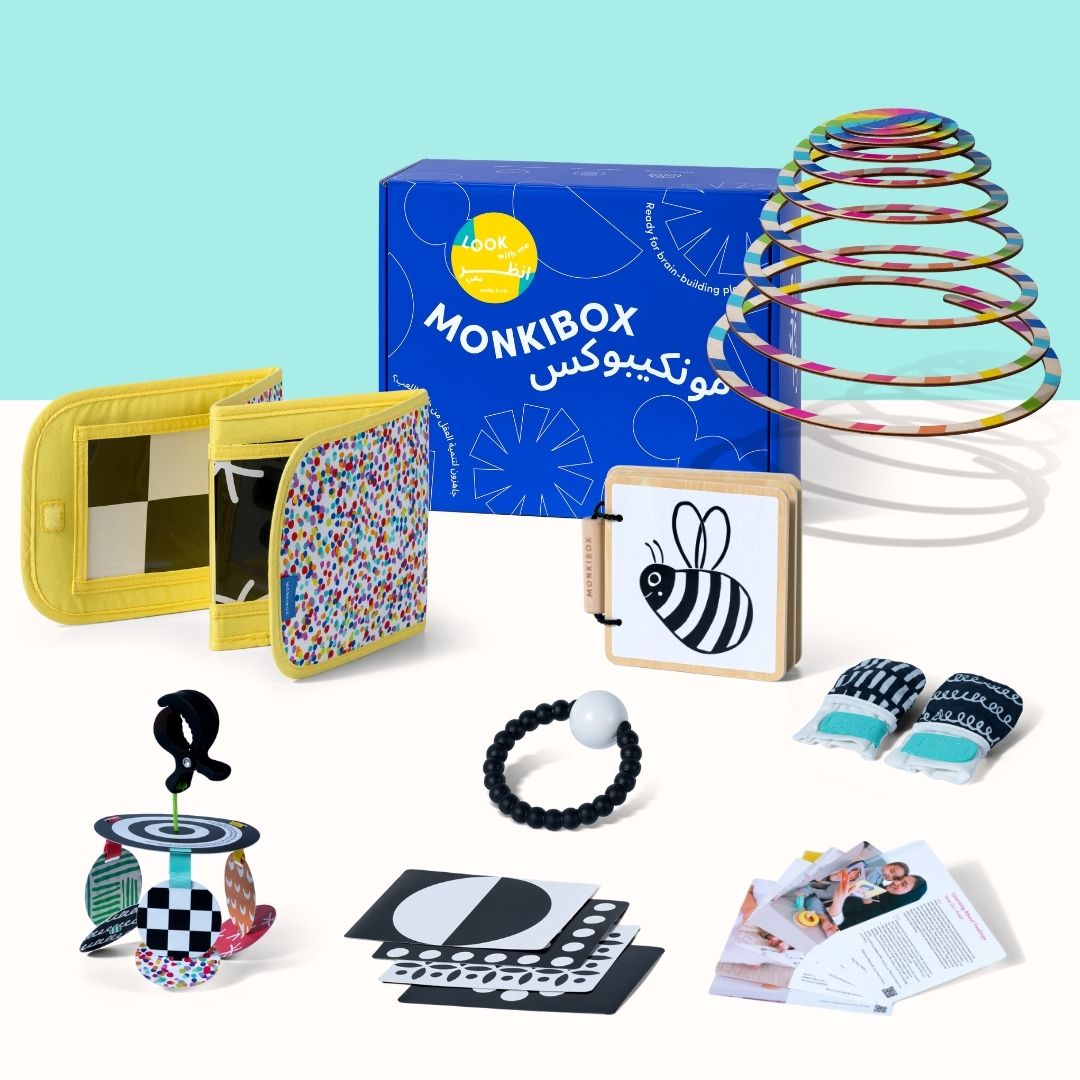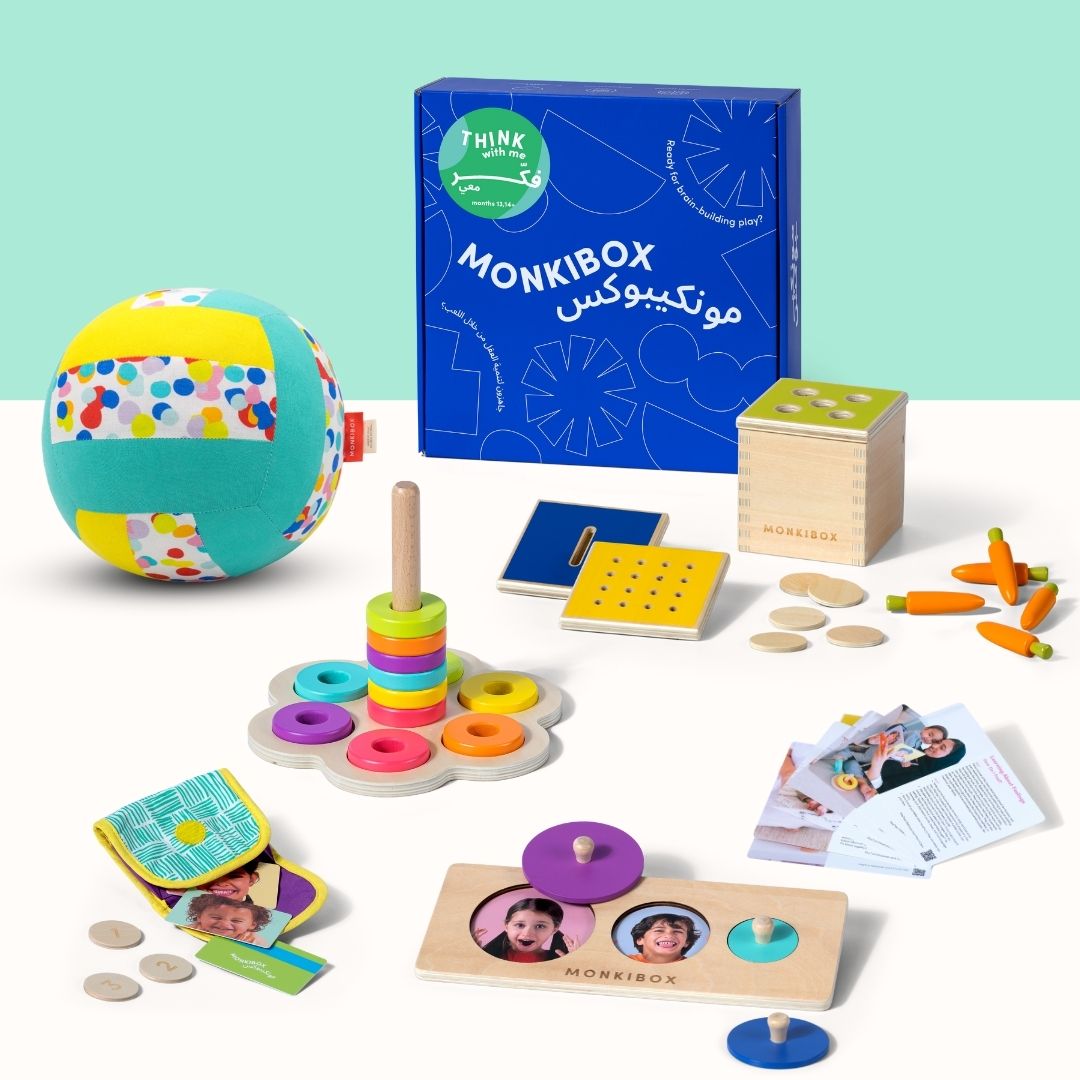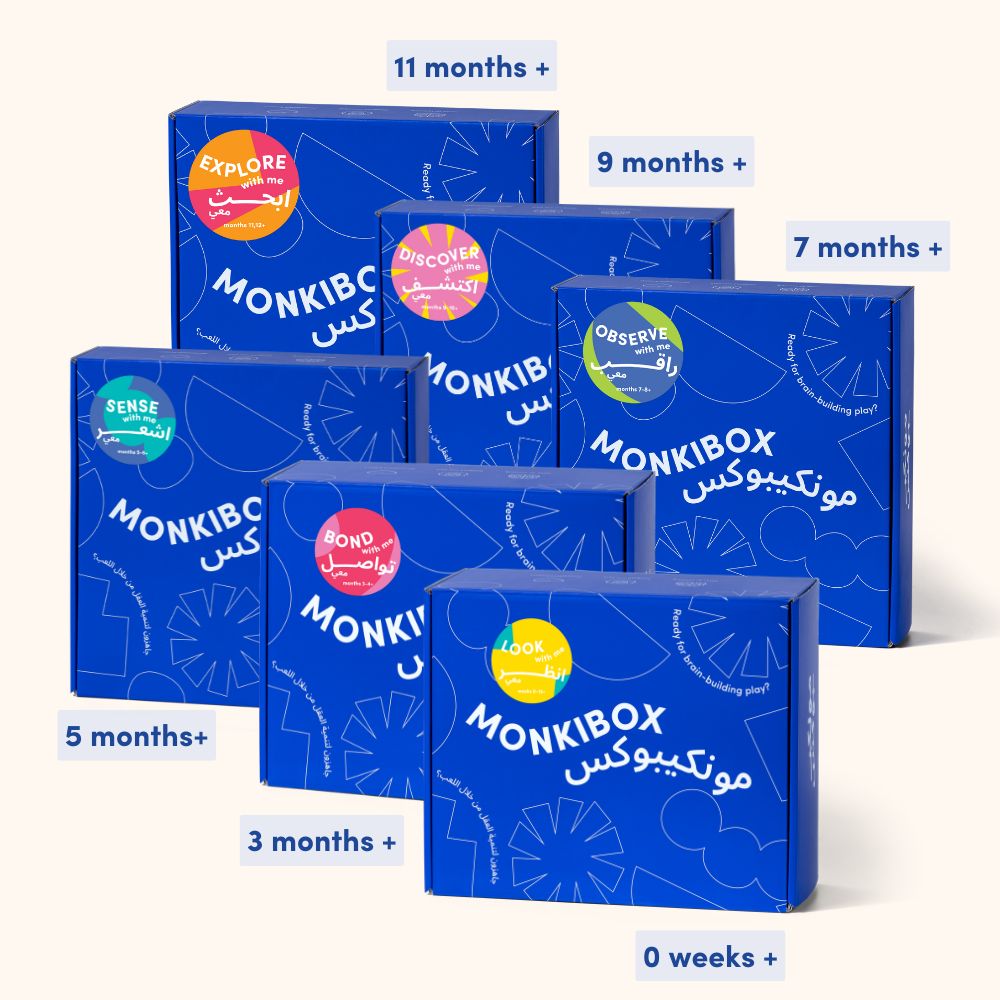الألغاز ليست مجرد نشاط ممتع للأطفال الصغار؛ بل هي أدوات فعّالة لتطوير مجموعة واسعة من المهارات المعرفية والحركية. إن إشراك طفلك في حل الألغاز يساعده على بناء قدرات أساسية تدعم تعلمه وتطوره لسنوات قادمة.
نصائح الخبراء حول فوائد الألغاز:
-
تعزيز المهارات الحركية الدقيقة:
تتطلب الألغاز من الأطفال الصغار إمساك القطع والتعامل معها، مما يُعزز مهاراتهم الحركية الدقيقة. هذه الحركات الصغيرة والدقيقة ضرورية لمهام مثل الكتابة، وزرّ الملابس، واستخدام الأدوات. يساعد البدء بلعب الألغاز مبكرًا على صقل هذه المهارات بطريقة ممتعة وجذابة. -
تحسين التنسيق بين اليد والعين:
عندما يحاول الأطفال الصغار تركيب قطع الأحجية في أماكنها الصحيحة، يتطور لديهم تنسيق أفضل بين اليد والعين. هذه المهارة أساسية للعديد من الأنشطة اليومية، من إطعام أنفسهم إلى ممارسة الرياضة لاحقًا. تُوفر الأحجيات طريقة مرحة وتحديًا في آنٍ واحد لصقل هذه القدرة. -
دعم تطوير المهارات الحركية الكبرى:
تُسهم ألعاب الألغاز الأرضية الكبيرة وألعاب التكديس أيضًا في تنمية المهارات الحركية الكبرى. تتطلب هذه الأنشطة من الأطفال الصغار استخدام كامل أجسامهم، مما يُساعد على بناء القوة والتوازن والتنسيق. إن دمج هذه الأنواع من الألغاز في وقت اللعب يُسهم في جعل النمو البدني جزءًا لا يتجزأ من تجربة التعلم لديهم. -
بناء المهارات المعرفية:
تساعد الألغاز الأطفال الصغار على تعلم الأشكال والأحجام والعلاقات المكانية. وبينما يكتشفون مكان كل قطعة، يطورون مهارات التفكير النقدي وحل المشكلات. تُمهّد هذه التجارب المبكرة مع الألغاز الطريق لمهام معرفية أكثر تعقيدًا مع نموهم. -
تعزيز المثابرة والمرونة:
تُشجّع الألغاز بطبيعتها على المثابرة والصمود. فعندما يواجه الأطفال الصغار تحديات في إكمال أحجية ما، يتعلمون قيمة الالتزام بالمهمة وتجربة حلول مختلفة. ستفيدهم هذه المرونة في مواجهة تحديات جديدة خلال نموهم.
الألغاز أداة متعددة الاستخدامات وفعالة لتعزيز نمو طفلك. بإدخال الألغاز في أوقات لعبه، ستوفر له فرصًا لاكتساب مهارات أساسية تدعم نموه وتعلمه في مجالات متعددة.





